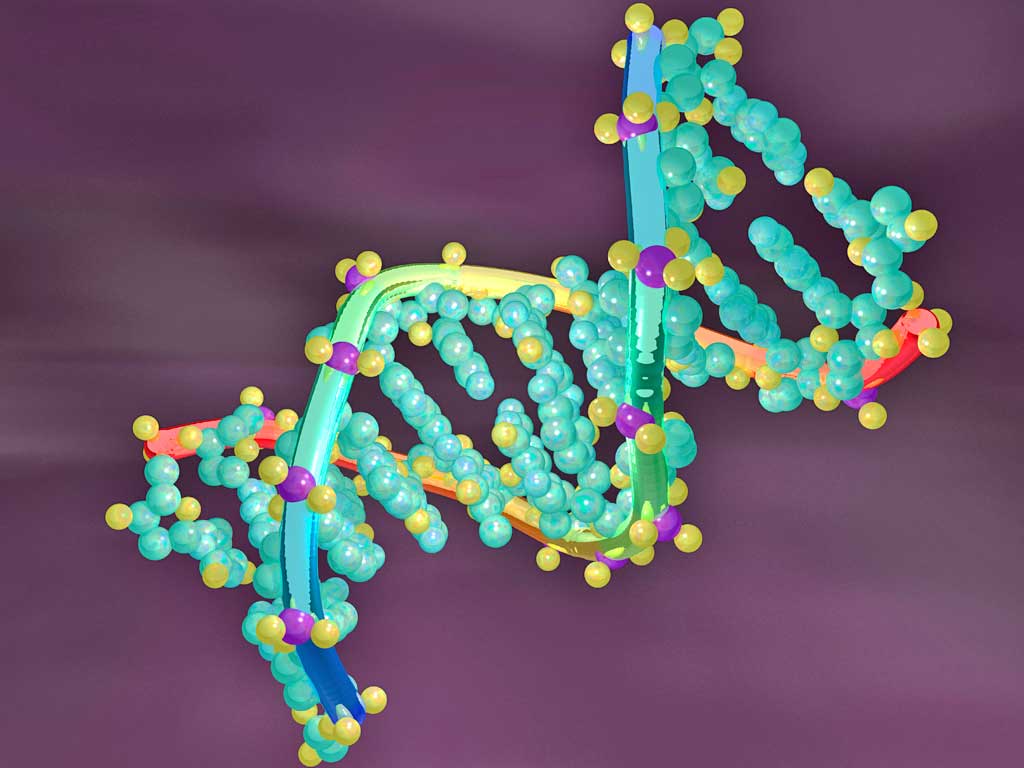New study finds health kick can reverse the ageing process
Study conducted by the University of California suggests our genes may be a predisposition - but they are not our fate

The results of a study conducted by the University of California suggest that going on a health kick could reverse cell ageing, according to researchers.
The small pilot study, conducted by a team from the Preventative Medicine Research Institute, examined how telomere shortness in human beings acts as a "prognostic marker of ageing, disease and premature morbidity" .
Just as shoelace tips stop fraying, telomeres keep chromosomes stable and prevent mix-ups when cells divide.
But each time a cell divides, its telomeres shorten. In the end they can no longer ensure chromosomal stability and this is when genetic mistakes begin to occur.
Eventually the cell freezes and stops dividing, or destroys itself.
The speed at which telomeres shorten varies in individuals and biological ageing is faster in people who already have rapidly-shortening telomeres.
Short telomere length in white blood cells is especially associated with age-related diseases, including many types of cancer.
But the results of this study showed positive changes to diet and lifestyle encouraged longer telomeres.
Researchers followed 35 men who had suffered low-risk prostate cancer and had chosen to undergo active surveillance.
Twenty-five male participants placed in the "intervention group" underwent a series of lifestyle changes to their diet, activity, stress management, and social support such as counselling. Ten men in the control group did not undertake any life style changes and continued to live as they normally would.
Blood samples were taken for analysis from both groups five years later.
Men in the intervention group who had switched to a strict vegetarian lifestyle, exercised and practiced yoga showed considerably genetically younger cells. Instead of the length of their telomeres shortening, they increased by ten per cent.
In contrast, the telomeres of men in the control group had shortened in length by 3 per cent.
It has been suggested as a trigger mechanism for the genetic scrambling associated with prostate cancer. Men with short telomeres in prostate cancer-associated cells are much more likely to die from the disease.
Professor Dean Ornish, from the Preventive Medicine Research Institute at the University of California in San Francisco, US, who led the team, said: “The implications of this relatively small pilot study may go beyond men with prostate cancer.
“If validated by large-scale randomised controlled trials, these comprehensive lifestyle changes may significantly reduce the risk of a wide variety of diseases and premature mortality.
“Our genes, and our telomeres, are a predisposition, but they are not necessarily our fate.”
“Our bodies often have a remarkable capacity to begin healing themselves, and much more quickly than we did once realize, if we simply make the lifestyle changes that are really the primary determinants of our health and well-being,” he said.
"It's not the fountain of youth, but it certainly is a step in the right direction. Until now we thought that only telomeres could get shorter. Now we found that they actually can get longer."
Results were published in the Lancet Oncology Journal on Monday. However, some experts are arguing that as the group were only monitored for a five year period, it was too soon to draw definite conclusions from the results.
Biochemist Dr Lynne Cox, from Oxford University, said: "This new study suggests that reducing stress, improving diet and increasing exercise have the effect of not only preventing telomere loss but also of leading to small but significant increases in telomere length, as measured in circulating white blood cells.
"It is perhaps too soon to judge whether this increase in telomere length will correlate with increased longevity or healthspan.
"There are two things to bear in mind here. Firstly, short telomeres that occur as result of chronic stress are highly associated with poor health, and studies in mice have shown improved tissue health when telomeres are restored experimentally. Secondly, by contrast, globally increasing telomere length in cancer-prone mice actually predisposes to more aggressive cancers.
"The small increases in telomere length in this new human study are more likely to correlate with improved health than cancer risk, though it is too early to be definite."
The studies authors also concluded that: "Larger randomised controlled trials are warranted" to confirm their findings.
Join our commenting forum
Join thought-provoking conversations, follow other Independent readers and see their replies
Comments
Bookmark popover
Removed from bookmarks